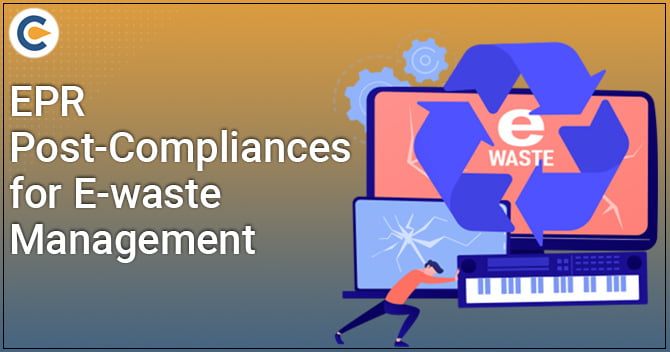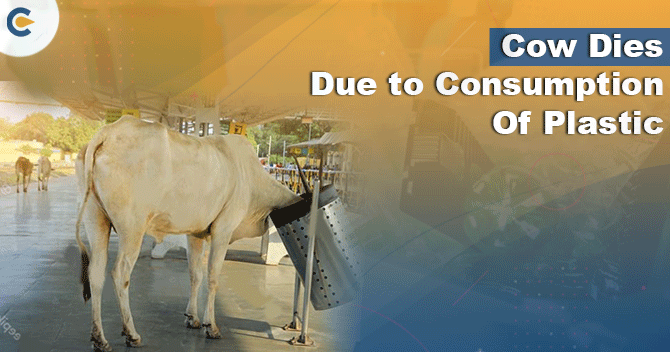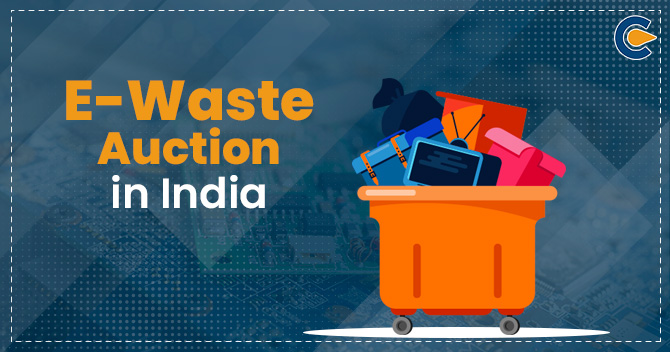EPR Post- Compliances for E-Waste helps in environmental protection within the field of waste management, designed to reach the target of a decreased total environmental impact of a product, by making the producer/importer accountable for the usable life of the electrical items, gathering the e-waste, recycling, and final disposal. In this blog, we will discuss the Extended Producer Responsibility compliances mandatory in E-waste.
EPR Authorization
EPR Authorization is for Indian Producer / Importer of electronic products for E-waste management. EPR Authorization is provided by the Central Pollution Control Board, and the Producer / Importer of electronic products have been given the accountability to control electronic waste of the products after the expiry of their lifetime. The CPCB examines the EPR Plan and grants Authorization to the producers in Form 1(aa) within a period of one hundred and twenty days and it is valid for five years.
Who can apply for EPR Authorization?
In India, the Producers/ Importer of electrical products is permitted only to producers having EPR Authorization.
Extended Producer Responsibility Post Compliance -E-Waste
By the potency of E-Waste (Management) Rules, 2016, Ministry of Environment, Forest, and Climate Change, as the regulator has advised the following mandatory compliances for producers of Electronic Goods. The EPR Post compliances are required to be implemented
- To ensure that the electronic products when launched are RoHS Compliant Here RoHS Means-Reduction in hazardous Substances.
- Under EPR Compliance, the producer takes back a percentage of the produced electronic goods and gets them recycled in an environment-friendly manner.
- Make sure that only Authorized Recyclers repair and handle the e-waste.
- Declares its E-waste Authorized Collection Centres to dispose of electric products that have reached obsolescence.
- Appropriate labeling of the products and information related to end-of-life equipment handling.
Requisites for EPR Post-Compliances-E-waste
Below-mentioned documents are required for EPR- Post-compliances -E-waste
- Legal structure details for Manufacturer / Importer
- Production/Import History of Product. It should be product Code Wise for the last ten years
- Valid Common Reporting Standard Certificate / Indian Standard Institute Mark License.
- Documents required for CPCB Certification
- Self-declaration for Reduction of Hazardous Substances compliance with BoM, RoHS Test Reports, RoHS Certificate
- Particulars of all offices along with the location.
- EPR Plan that shall cover implementation procedure, Budgeting, Flow Diagrams
- Documents based on Collection and movement of E-Waste to Recycler
- Approximate generation of e-waste product-wise for future years
- Approximate collection target for the forthcoming years.
- Agreements with Suppliers, Collecting points, Recyclers, Handling, Storage and Disposal Facility, etc.
Post Compliances for EPR- E-waste
After getting EPR-Authorization, a producer has to comply, below mentioned compliances that are called EPR Post-compliances–
- Providing requisite Information on Websites, addresses, and Tole free numbers.
- Providing information on Hazardous constituents.
- Creating awareness programs about E-waste.
- Disclosure of channelizing of E-waste.
- Providing information related to a hazardous substance, improper handling, accidental damage.
- Information in Media, Publications, newspapers, seminars, etc.
- Appropriate instructions for handling and disposing of the machinery after obsolescence.
Maintaining records-The company shall keep a record in Form-2 of every waste handled and make the records available for inspection by the Authority (CPCB and SPCB).
Annual Return-Form-3 must be filed with the CPCB by the 30th day of June following year in question. In the case of multiple offices, he/she must file a single annual return containing information from the locations of the offices.
Also, the producer has to submit sales data along with the annual return.
Compliance for RoHS (Reduction in hazardous Substances) in EPR-Post Compliance -E-waste
Every producer of electronic[1] equipment shall ensure and Self-declare that new electronic machinery and their components/ spares do not contain the hazardous substance like Lead, Mercury, Cadmium, Hexavalent Chromium, polybrominated biphenyls, and polybrominated diphenyl ethers beyond a maximum combined value –
- 0.1% by weight in a like material for lead, mercury, polybrominated biphenyls, hexavalent chromiumand polybrominated diphenyl ethers and,
- 0.01% by weight in a like material for cadmium.
While seeking Extended Producer Responsibility, such Declaration needs to be submitted.
Benefits availed through EPR Post-Compliances-
- Helps in channelizing the E-waste for recycling or disposal,
- Ensuring that no harm is done to the environment during storage and transportation of e-waste,
- Maintain records of the e-waste generated.
- Gathering, and transferring e-waste generated from the ‘end-of-life’ of electronic products with the same code.
- Providing requisite information to consumers through their website and product user detailing to facilitate take back of end-of-life electrical and electronic equipment.
- Creates awareness among the users.
Major obstacles faced by the producers in complying with EPR post-compliance-E Waste-
Major obstacles producers/Importers face in Extended producer responsibility Post-compliances-E-waste is the difficulty and level of the EPR directives and the extent of what is deemed to be obligated. Some states have-
- Various compliance mechanisms and has different reporting requirements,
- Varying fee structures,
- Various reporting programs to adhere to
It is time-consuming and difficult to collect and monitor the requisite information required for EPR Post compliances, especially if the business operates in multiple countries.
Conclusions
As the recycling of electronic products will take a more extended and different methodology, the companies are advised to separate the wastes from the starting point. To direct the issue, the authority has introduced the Extended Producer Responsibility Plan as part of the E-Waste Management Rules. After the EPR Authorization, the companies should undertake the responsibility to recycle a minimum percentage of the electronic products manufactured and follow the EPR-Post compliances -E-waste.
Read our Article:Global E-waste expected to Rise 38% by 2030: An Overview











